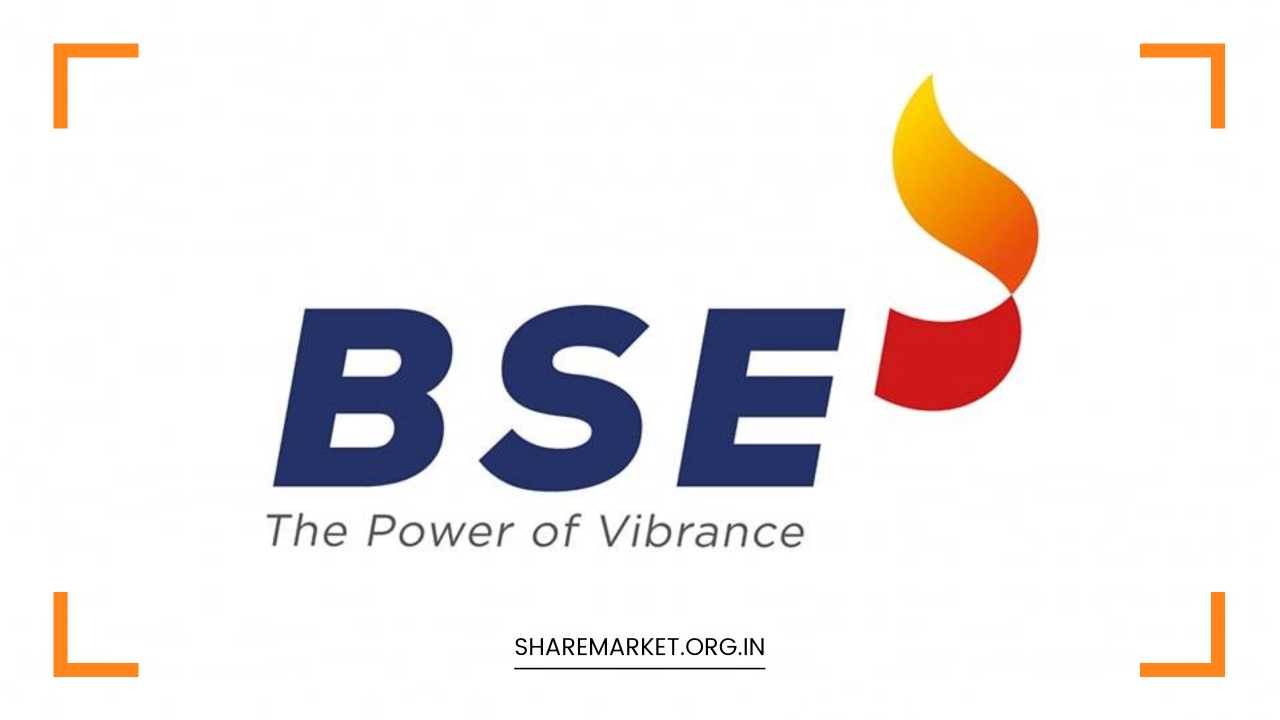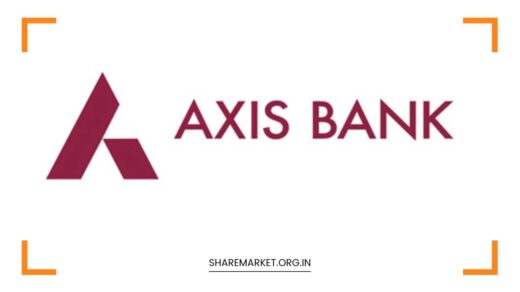Bombay Stock Exchange – Mumbai Stock Exchange

Bombay Stock Exchange
The Granddaddy of Indian Stock Exchanges: A Deep Dive into the Bombay Stock Exchange (BSE)
The Bombay Stock Exchange (BSE), now known as BSE Limited, is a titan in the Indian financial landscape. Steeped in history and innovation, the BSE has played a pivotal role in shaping the nation’s economic growth.
This article delves into the exchange’s rich heritage, its current standing as a multifaceted marketplace, and its significance in the Indian capital market.
A Walk Through Time: The BSE’s Illustrious History
The story of the BSE begins in 1875 under the banyan trees of Mumbai. Cotton merchant Premchand Roychand, along with a group of enterprising individuals, laid the foundation for what would become Asia’s oldest stock exchange.
From its humble beginnings, the exchange rapidly evolved, finding a permanent home on Mumbai’s now-famous Dalal Street. Nicknamed the “Wall Street of India,” Dalal Street continues to be synonymous with the Indian stock market.
The BSE has witnessed India’s economic journey firsthand. It weathered numerous challenges, including the Great Depression and India’s partition.
Throughout these upheavals, the exchange persevered, adapting to changing economic realities and technological advancements. A pivotal moment arrived in 1995 with the introduction of the fully automated trading system, BSE Sensex. This shift towards electronic trading marked a significant leap forward in efficiency and transparency.
The BSE Today: A Multifaceted Marketplace for Diverse Investments
Today, the BSE is a leading stock exchange globally, boasting a market capitalization exceeding US$5 trillion as of May 2024.
It has evolved from its origins as a stock exchange for equities to become a comprehensive marketplace for various financial instruments, including:
- Equities: Investors can trade stocks of thousands of Indian companies, from established giants like Reliance Industries and Tata Motors to promising startups across diverse sectors. The BSE classification system categorizes companies into industry groups, allowing investors to focus on specific sectors that align with their investment goals.
- Mutual Funds: The BSE provides access to a wide range of mutual funds offered by leading Asset Management Companies (AMCs). These funds cater to different risk appetites and investment goals, allowing individuals to participate in the stock market even with limited investment knowledge. The BSE platform facilitates easy comparison of different mutual fund schemes based on their performance and investment strategies.
- Derivatives: The exchange facilitates trading in derivatives like options and futures contracts. Options contracts allow investors to hedge existing stock positions or speculate on potential price movements. Futures contracts provide a way to lock in a price for buying or selling a stock at a future date. Derivatives trading can be a complex financial instrument, and investors should possess a strong understanding of the risks involved before participating.
- Debt Instruments: Investors can buy and sell government bonds, corporate bonds, and other debt securities on the BSE platform. These instruments offer a fixed income stream and are generally considered less risky than equities. Government bonds issued by the Reserve Bank of India (RBI) are considered the safest investment option, while corporate bonds carry varying degrees of risk depending on the creditworthiness of the issuing company.
Beyond Trading: The BSE’s Crucial Role in the Capital Market Ecosystem
Beyond offering a trading platform, the BSE plays a crucial role in the Indian capital market ecosystem. It provides essential services that ensure smooth functioning and facilitate informed decision-making by investors:
- Clearing and Settlement: The BSE acts as an intermediary between buyers and sellers, ensuring the timely and efficient completion of securities transactions. This involves verifying trades, transferring ownership of securities, and settling payments. A robust clearing and settlement system is essential for maintaining investor confidence in the market.
- Market Data: The exchange disseminates real-time market data and analysis through various channels. This data includes stock prices, trading volumes, indices movements, and economic news. Investors can access this data to make informed investment decisions by analyzing trends, identifying potential opportunities, and mitigating risks.
- Investor Education: The BSE actively promotes investor education through various initiatives. This includes workshops, seminars, online resources, and educational materials. These initiatives aim to empower individuals with the knowledge and skills necessary to navigate the stock market confidently. Educated investors are more likely to make sound investment decisions and contribute to the stability of the market.
The BSE’s Significance in the Indian Economy: A Catalyst for Growth
The BSE’s impact extends far beyond the realm of finance. It plays a critical role in:
- Mobilizing Capital: The BSE acts as a vital channel for companies to raise capital for expansion and growth. Companies can issue new shares (Initial Public Offerings – IPOs) or raise funds through debt instruments listed on the BSE. This access to capital fuels economic activity, facilitates job creation, and contributes to India’. This access to capital fuels economic activity, facilitates job creation, and contributes to India’s overall economic development. A vibrant stock market allows companies to raise funds efficiently, reducing their reliance on bank loans and promoting entrepreneurial ventures.
- Facilitating Investment: The BSE provides a platform for individuals to invest their savings, enabling wealth creation and fostering a culture of financial participation. By offering a variety of investment options with varying risk-return profiles, the BSE caters to a broad spectrum of investors. This widespread participation in the stock market helps to channel savings into productive investments, which in turn fuels economic growth.
- Gauging Market Sentiment: The BSE Sensex, a key stock market index, serves as a barometer of investor confidence and the overall health of the Indian economy. The movement of the Sensex reflects the collective sentiment of investors towards the Indian market. A rising Sensex indicates optimism and economic growth, while a declining Sensex can signal economic concerns. Policymakers and businesses closely monitor the Sensex to gauge market sentiment and make informed decisions.
Looking Ahead: The BSE’s Future Endeavors in a Digital Age
The BSE is constantly innovating to stay ahead of the curve in the dynamic world of finance. Here are some key areas of focus for the exchange in the digital age:
- Technological Advancements: The BSE is continuously upgrading its trading platform to ensure speed, security, and efficiency. This includes investing in cutting-edge technologies like artificial intelligence (AI) and blockchain to enhance trade execution, risk management, and market surveillance. Additionally, the BSE is focusing on developing user-friendly mobile applications to make stock market participation more accessible for retail investors.
- Product Diversification: The exchange is exploring new products and services to cater to the evolving needs of investors. This may involve introducing new derivative products, thematic investment options focused on specific sectors or sustainability themes, and facilitating access to international investment opportunities.
- Financial Inclusion: The BSE is committed to making the stock market more accessible to retail investors, particularly those in remote areas. This can be achieved by leveraging digital technologies to provide online investment platforms and educational resources in regional languages. The BSE can also collaborate with local financial institutions to offer investment guidance and facilitate account opening for individuals in underserved regions.
The Regulatory Framework: Ensuring Market Integrity
The Securities and Exchange Board of India (SEBI) acts as the regulator of the Indian stock market. SEBI plays a critical role in protecting investor interests and ensuring fair and transparent market practices. SEBI regulates the BSE and other stock exchanges in India by:
- Setting Listing Norms: SEBI establishes guidelines for companies seeking to list their shares on the BSE. These guidelines ensure that companies meet specific financial and governance standards, protecting investors from fraudulent or poorly managed companies.
- Monitoring Trading Activities: SEBI monitors trading activities on the BSE to detect and prevent any manipulative practices such as insider trading or market rigging. This helps to maintain a fair and level playing field for all investors.
- Investor Protection Measures: SEBI implements various investor protection measures, such as grievance redressal mechanisms and investor education initiatives. These measures empower investors and promote responsible investment practices.
Final Remarks: The BSE – An Enduring Legacy and a Bright Future
The Bombay Stock Exchange has come a long way since its humble beginnings under the banyan trees. Today, it stands tall as a symbol of India’s economic prowess.
With its rich heritage, robust infrastructure, commitment to innovation, and focus on investor education and market integrity, the BSE is well-positioned to continue playing a vital role in India’s financial future.
As the Indian economy continues to grow and evolve, the BSE will undoubtedly adapt and innovate to remain a leading force in the financial landscape.

















